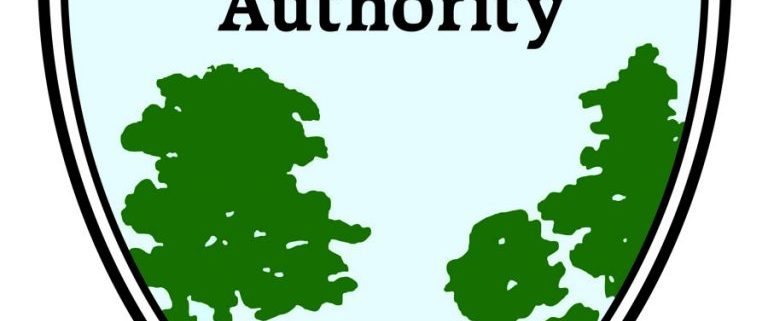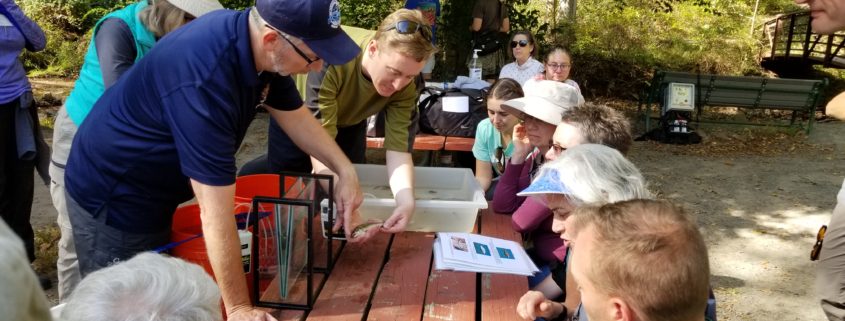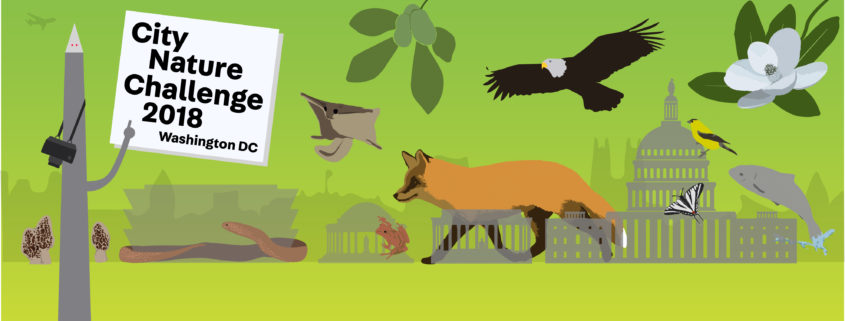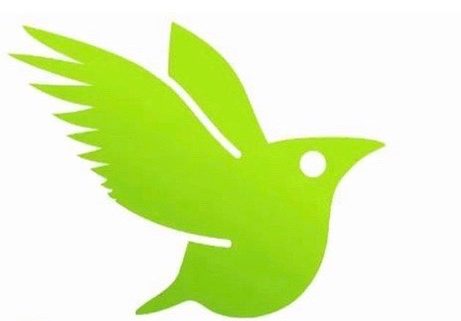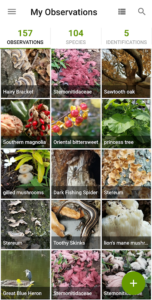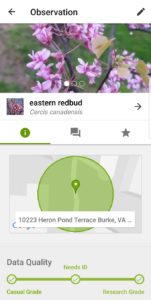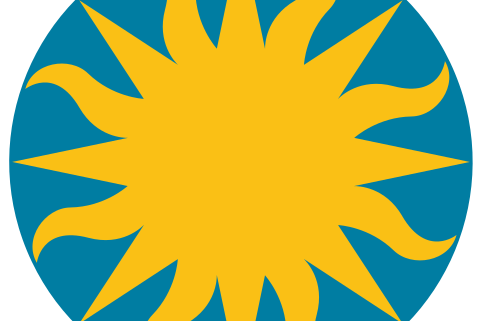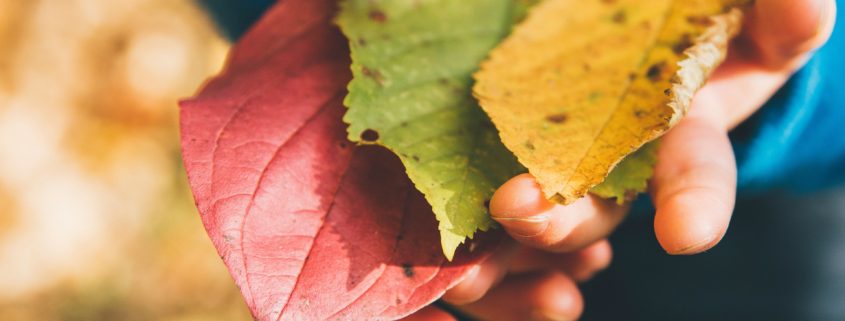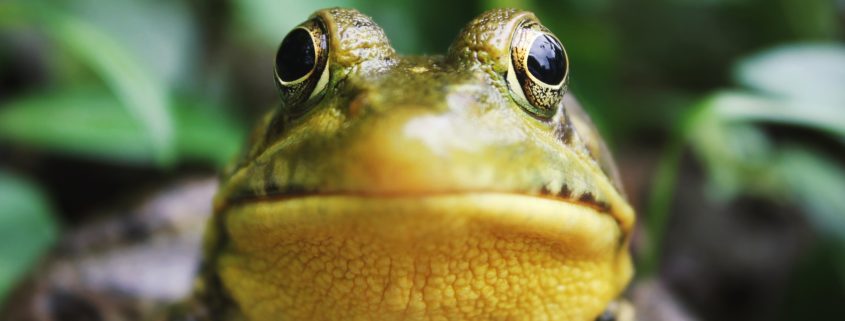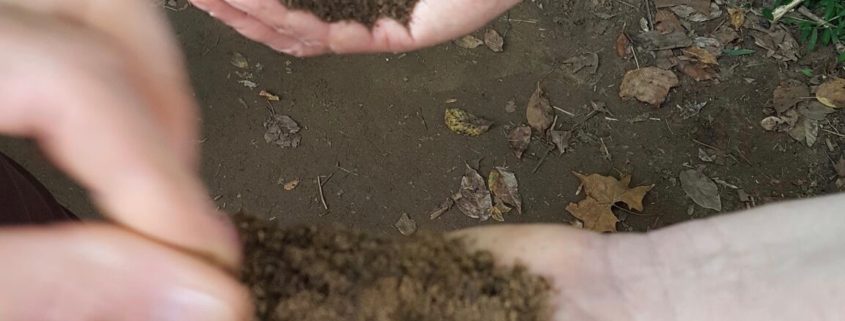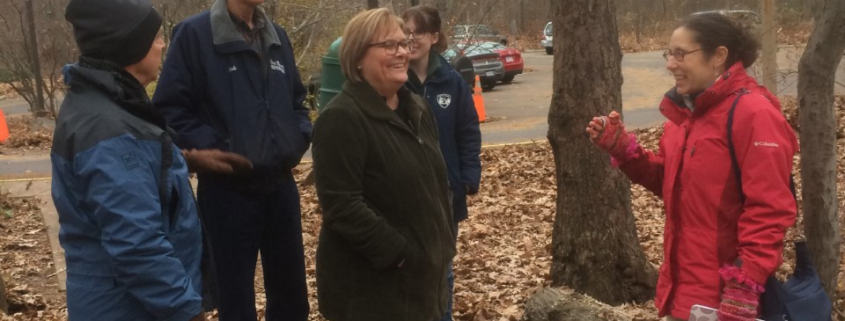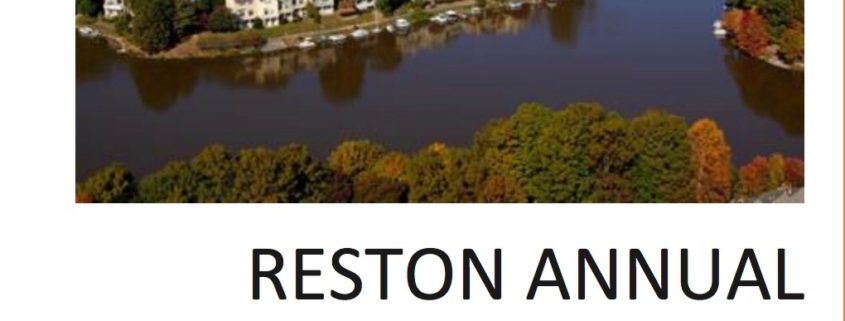Find service opportunities with the Fairfax County Parks
New education, stewardship, and citizen science projects for Fairfax Master Naturalists have just been added to the Service Project Calendar. (If you are reading this and are not yet a naturalist, please consider applying for basic training.) You can also find opportunities by contacting the parks directly: Hidden Oaks, Huntley Meadows, Riverbend, Ellanor C. Lawrence, Frying Pan, Green Spring Gardens, Hidden Pond, and Cub Run RECenter all have opportunities for FMN members. Here’s a small sampling:
Spring-Fest at Historic Sully, 21 April, 9:45am–4pm – assist with interactive nature experiences at FCPA table
Meaningful Watershed Education Experiences, Hidden Oaks, 3, 4, 5, 6, 27 April; 1, 2, 3, 4 May 9:15am -1pm – assist at stations including stream studies, stewardship, benthic macroinvertebrate study or live animal exhibits for 7th grade classes
My Sky Tonight Campfire, 7 April, 7-9:30 pm, Hidden Oaks – assist with family campfire program about constellations
Touch this Fox, 28 April, 12-2:30, Hidden Oaks – assist with family program where participants can touch real specimens and bones, educate about taxidermy and specimen care, dissect an owl pellet
Habitat and Parkland Management, dates & times flexible – perform maintenance of trails and other natural resource protection projects, such as with native wildflower garden or storm damage cleanup
Animal care, dates & times flexible – feed and care for animals on exhibit. Animal care volunteers are needed at Hidden Oaks, Hidden Pond, Ellanor C. Lawrence and Riverbend.
To volunteer for Hidden Oaks programs, contact Suzanne Holland, [email protected] or 703-941-1065. For other locations, contact the nature center or park.


